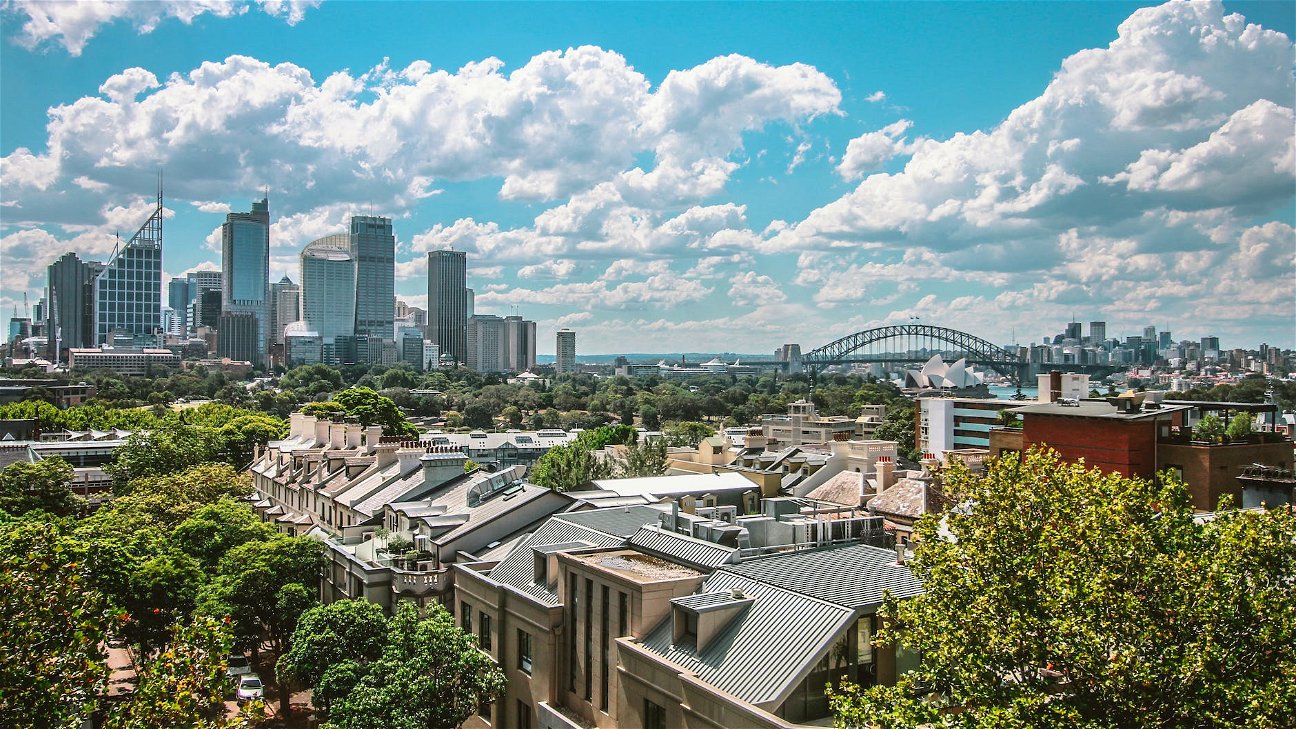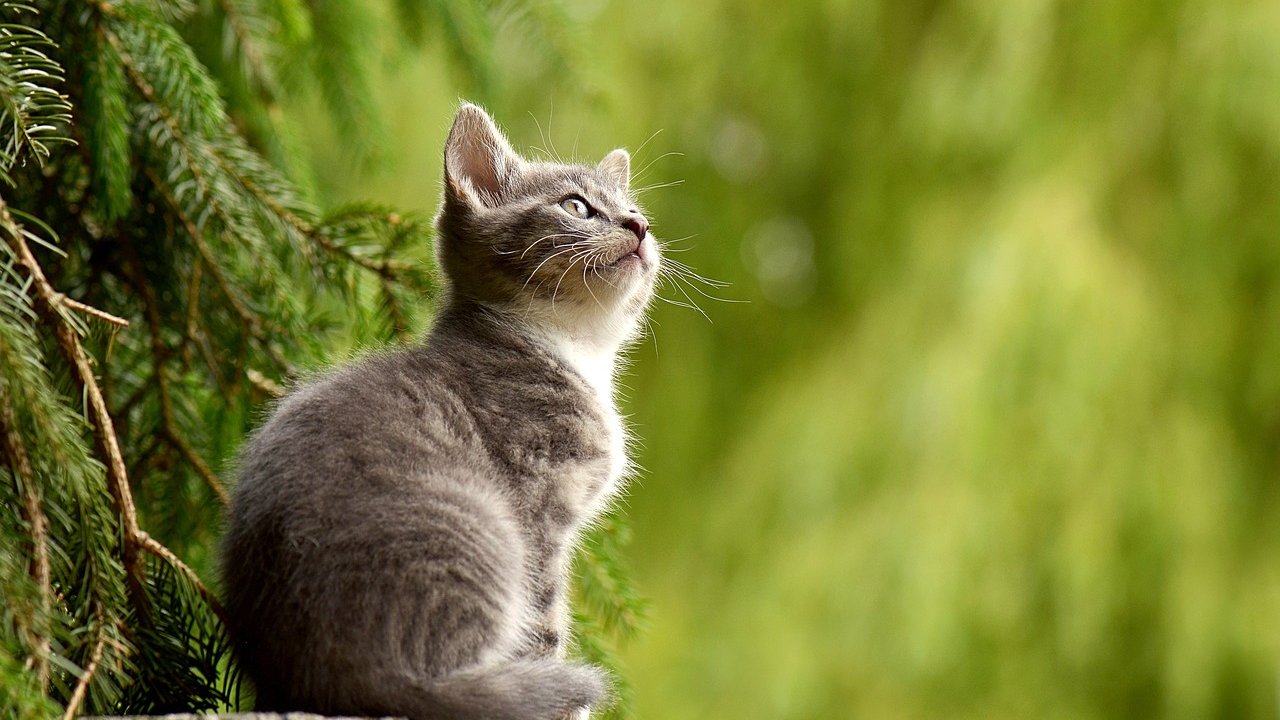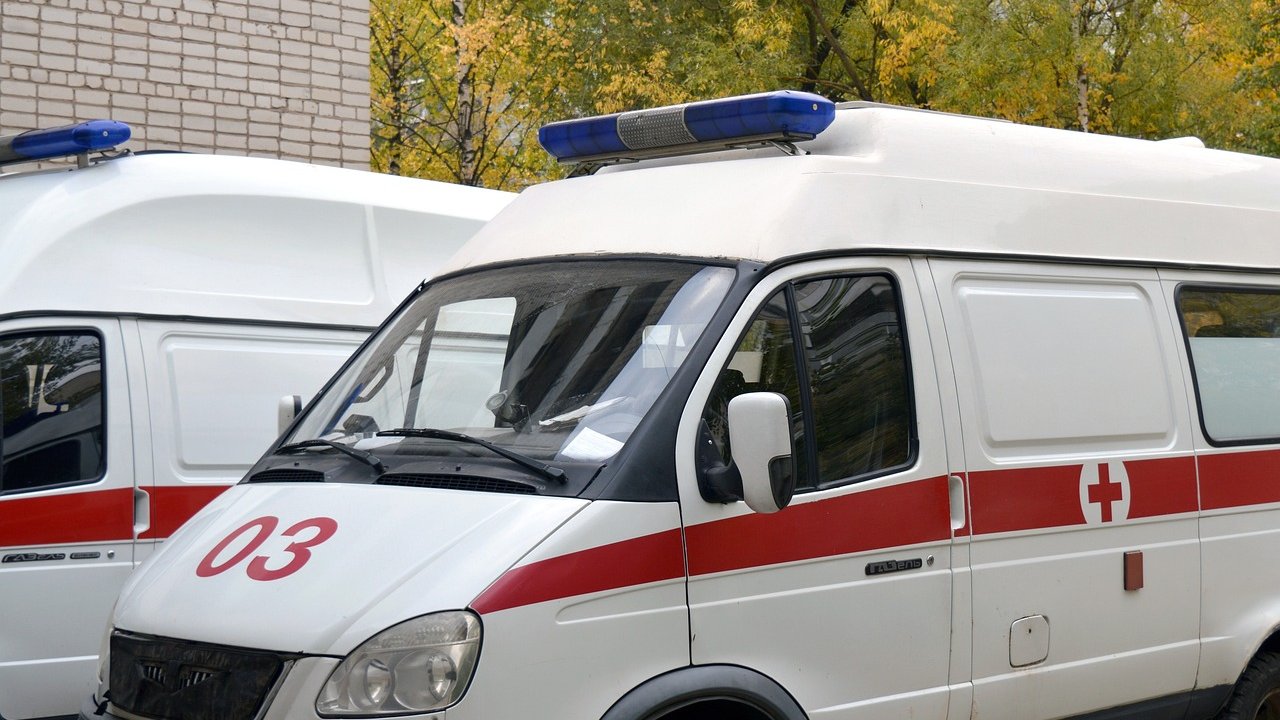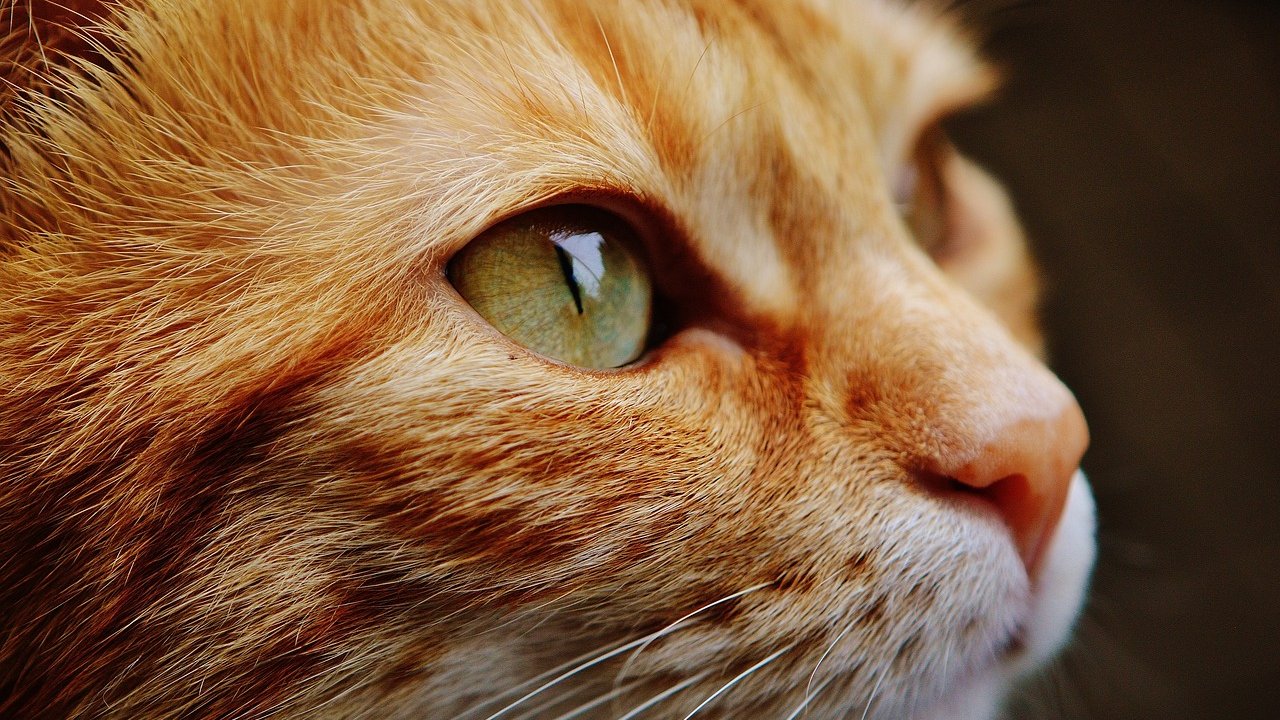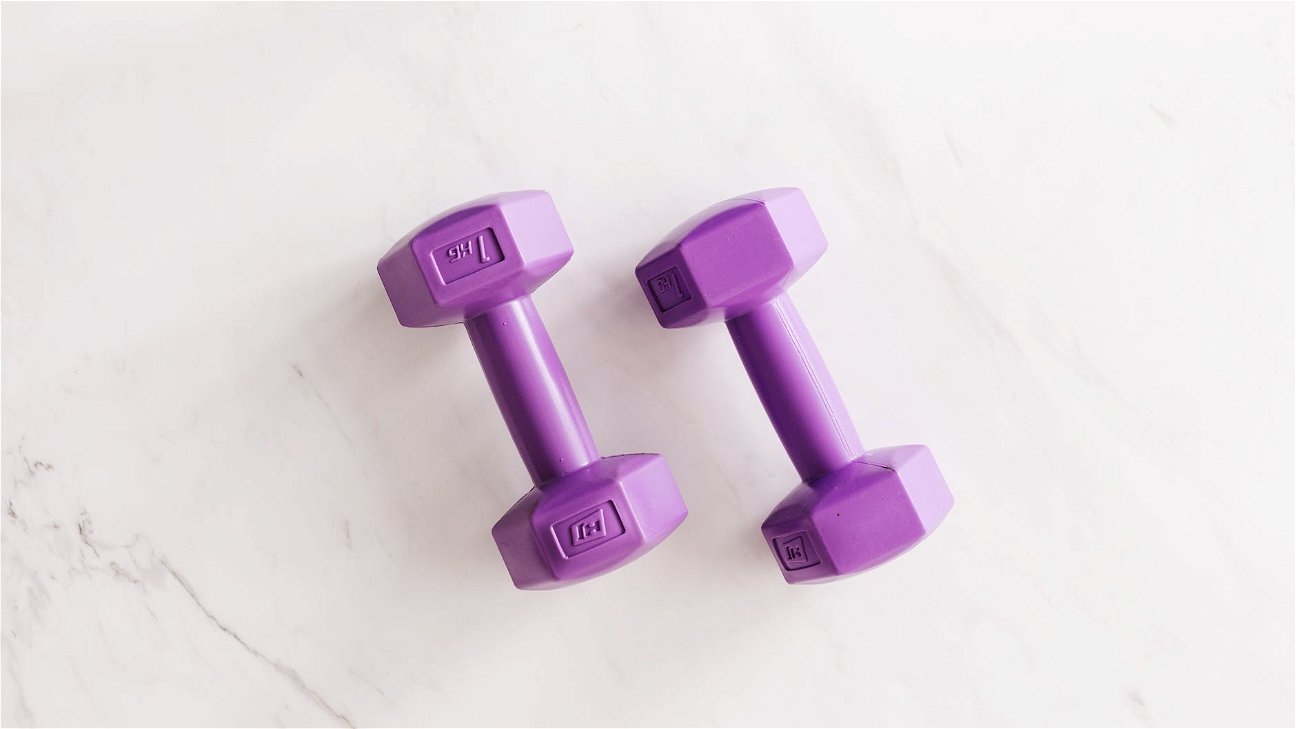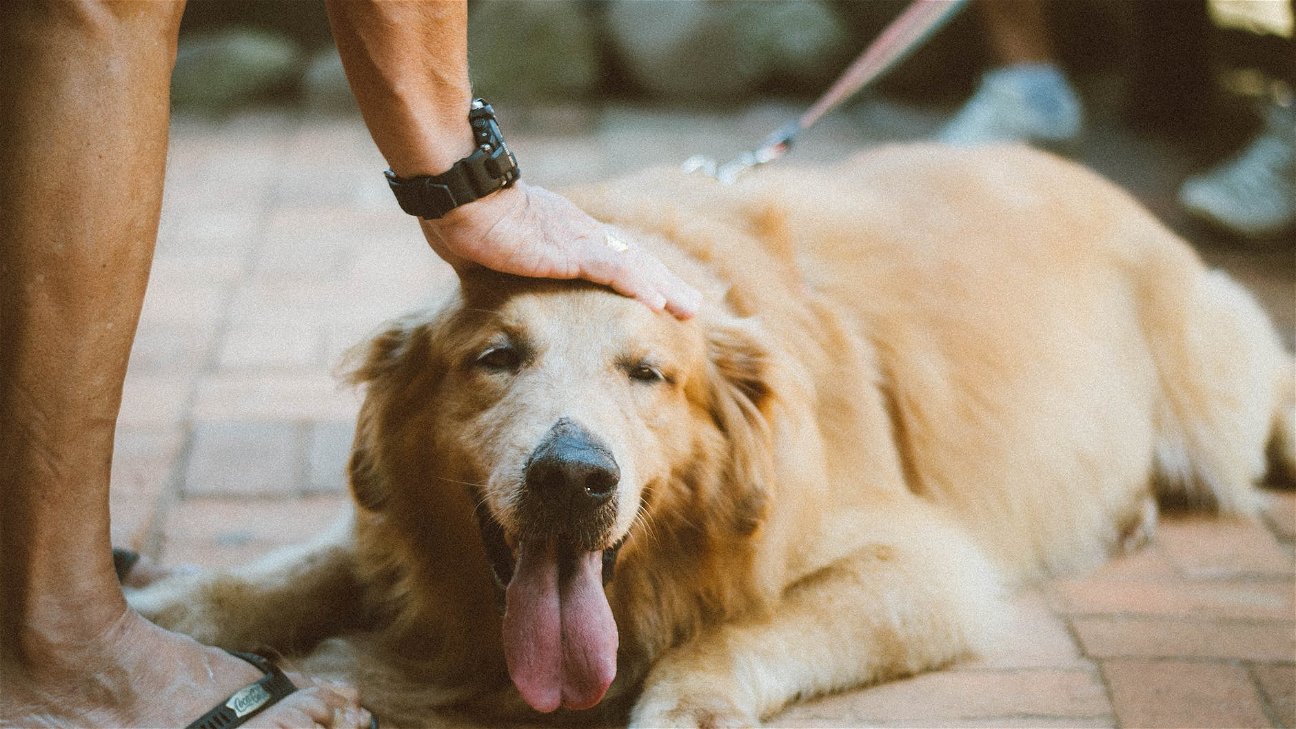
The experience of a pet going through surgery can be stressful for both the animal and their owner. But the challenging period doesn’t end once the surgical procedure is over. Post-surgery care plays a critical role in your pet's recovery and overall health. Here, we will delve into essential tips on how to care for your pet post-surgery, helping them bounce back to their regular routine in no time.
Understanding the importance of post-surgery care
Surgery, minor or major, is a traumatic experience for pets. The recovery period is a crucial time when they need the utmost care and attention. This phase is not just about healing but also preventing complications that could arise if post-operative care is neglected.
Essential tips for pet post-surgery care
Here are some crucial steps you should follow in order to ensure your pet recovers safely after surgery:
-
Follow the vet's instructions: Your vet will provide detailed instructions for caring for your pet post-surgery. This includes medication details, feeding instructions, and activity limitations. It's important to strictly follow these guidelines.
-
Monitor your pet's eating and drinking habits: Your pet may not have their usual appetite after surgery. However, if they are refusing to eat or drink entirely, you should contact your vet immediately.
-
Keep the environment calm and quiet: Loud noises and a chaotic environment can stress your pet and slow their recovery. Try to provide a peaceful and comfortable space for your pet to rest.
-
Check the wound regularly: Look for signs of infection like swelling, redness, or discharge. If you notice anything unusual, call your vet right away.
-
Assist with physical functions: Depending upon the type of surgery, your pet might need help with basic functions like walking or using the bathroom. Make sure you're prepared to assist them as needed.
-
Offer plenty of love and comfort: Your pet will likely be feeling vulnerable and anxious after their procedure. Offering lots of love, comfort, and reassurance can go a long way in aiding their recovery.
Handling possible post-surgery complications
Despite all the efforts, complications can arise post-surgery. It's essential to know what to watch for and when to seek medical attention. Here are some common issues:
Helping your pet get back to normal
Getting back to normal after surgery is a gradual process. Each day, your pet should show signs of improvement. Gradually reintroduce activities as your pet recovers, but remember to stay patient and allow them the time they need.
Remember, caring for your pet post-surgery can be a challenging task. But with patience, love, and proper care, your pet will be on their way to a swift recovery.

